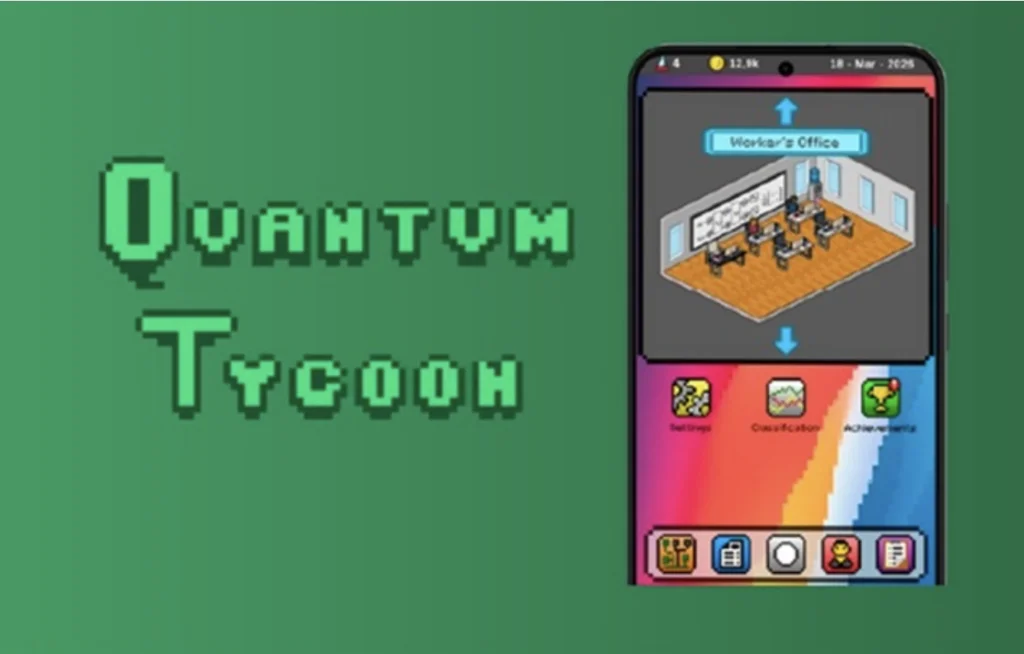
Micius
When China launched the quantum satellite QUESS or Mozi/Micius in 2016, which created a highly secure link between two ground stations some 2,5000 kilometres apart, it established a scenario that brought about Beijing gaining the lead in the emerging quantum communications race. Since then, the Chinese have achieved one astounding result after another in the field of quantum cryptography, like 2017’s impressive achievement — working with researchers in Vienna, Austria — of employing the satellite to conduct a quantum-encrypted virtual teleconference between Beijing and Vienna, the world’s first.
“When I started, getting quantum computing to work between two people was a big deal. Now we are getting it to work between larger and larger networks. And satellites, when I started, were a dream. Now there’s a satellite in orbit and we’re building other satellites.”
— Siddarth Joshi, research fellow at the University of Bristol’s Faculty of Engineering
The man generally considered to be behind all this is physicist Pan Jianwei of the University of Science and Technology of China. Pan, then, is on a path to make China the global leader in totally unhackable communications with such offerings as a quantum Internet.

Or that will be the case unless the Americans, Russians or Europeans have anything to do with it.
Yet, maybe they have nothing to fear after all, as we’re still in the very early days to say how things will pan out (no pun intended).
Other national governments, notwithstanding China, are contributing. So, too, are private enterprises.
SPAC Deal
News out this month that Arqit, a British quantum technology encryption startup, is raising $400 million in the space industry’s latest SPAC deal, which will assist the launch and construction of two satellites in 2023 to combat the ring threat of hacking, is more good news.
According to Centricus Acquisition Corp’s CEO Garth Ritchie, whom Arqit merged with as part of the deal, it makes Arqit the first space company unicorn to come out of the U.K: “This transaction will give Arqit the ability to establish itself as a leader in the encryption space — the prospect of the threat from quantum computing will serve to accelerate the broad adoption of Arqit technology.”
Another example of this entrepreneurial spirit in space-based quantum communications is happening in a country already mentioned, Austria, with the exciting work of Quantum Technology Laboratories GmbH (qtlabs), a Vienna-based startup founded in 2017 by Thomas Scheidl, Rupert Ursin and Fabian Steinlechner. With a focus on quantum encryption, qtlabs offers expert solutions in Space QKD and terrestrial quantum communication through consulting and prototyping.
Quantum Technology Laboratories
The startup consists of team members that have broken several world records in their past academic careers, including successfully demonstrating satellite downlinks, the first achieved outside of China.
First co-founder is Thomas Scheidl, both CEO and CTO of qtlabs. Prior to qtlabs, he was a senior scientist at the Institute for Quantum Optics and Quantum Information of the Austrian Academy of Sciences, with research expertise in the experimental investigation of fundamental questions in quantum physics and the development of prototypes for secure quantum communication and quantum information, mainly for free-space systems. Scheidl has a Ph.D. in physics from the University of Vienna.

Rupert Ursin is also a co-founder with the title of scientist at qtlabs. A group leader at the Institute of Quantum Optics and Quantum Information of the Austrian Academy of Sciences, his research focuses on the development of quantum communication and quantum information processing technologies. Like his cofounder Scheidl, he has a Ph.D. in physics from the University of Vienna.
Supporting qtlabs on its R&D journey are long-term partners the European Space Agency (ESA) and the European Union (EU). With these on board, the startup’s future trajectory in Space QKD and terrestrial quantum communication is only set to reach cosmic heights.
If you found this article to be informative, you can explore more current quantum news here, exclusives, interviews, and podcasts.









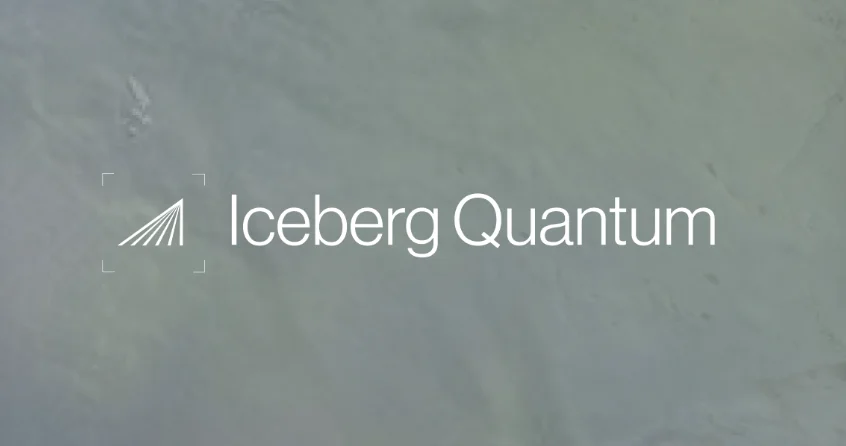

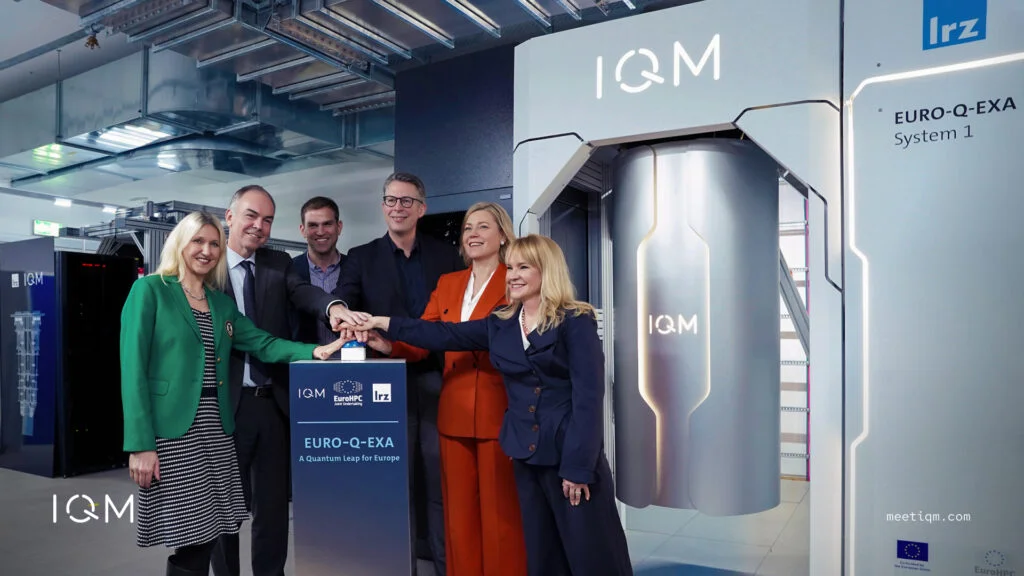
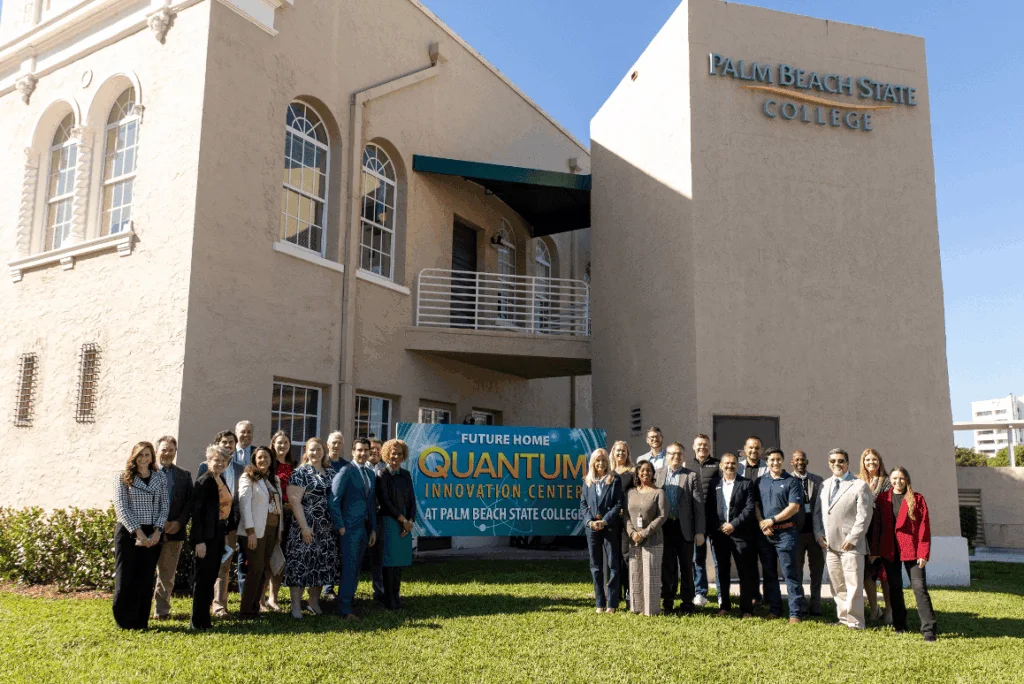
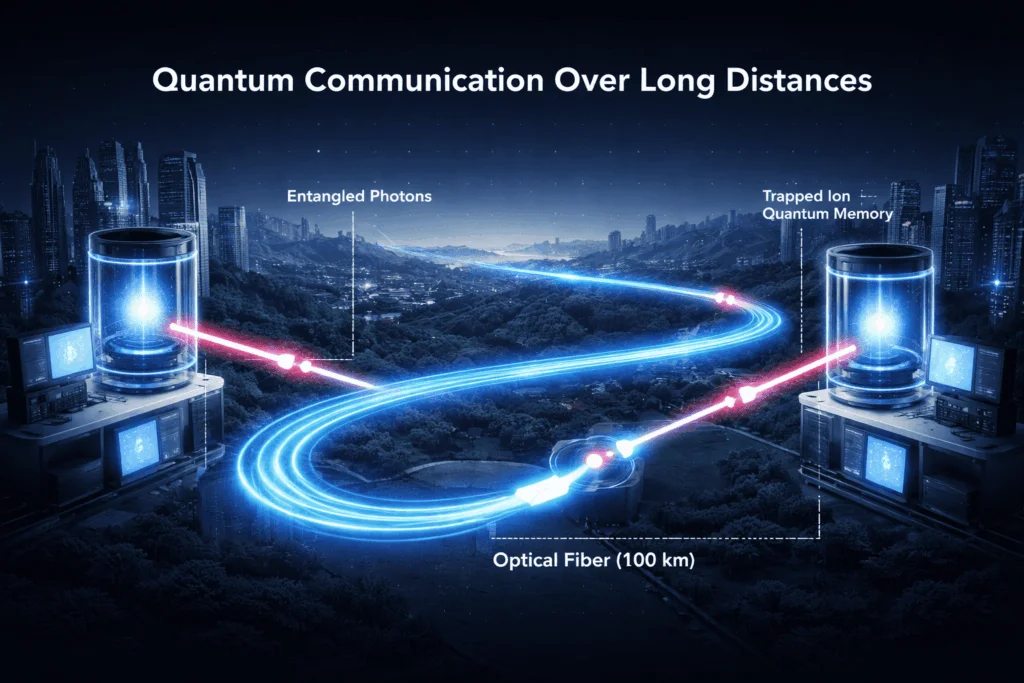
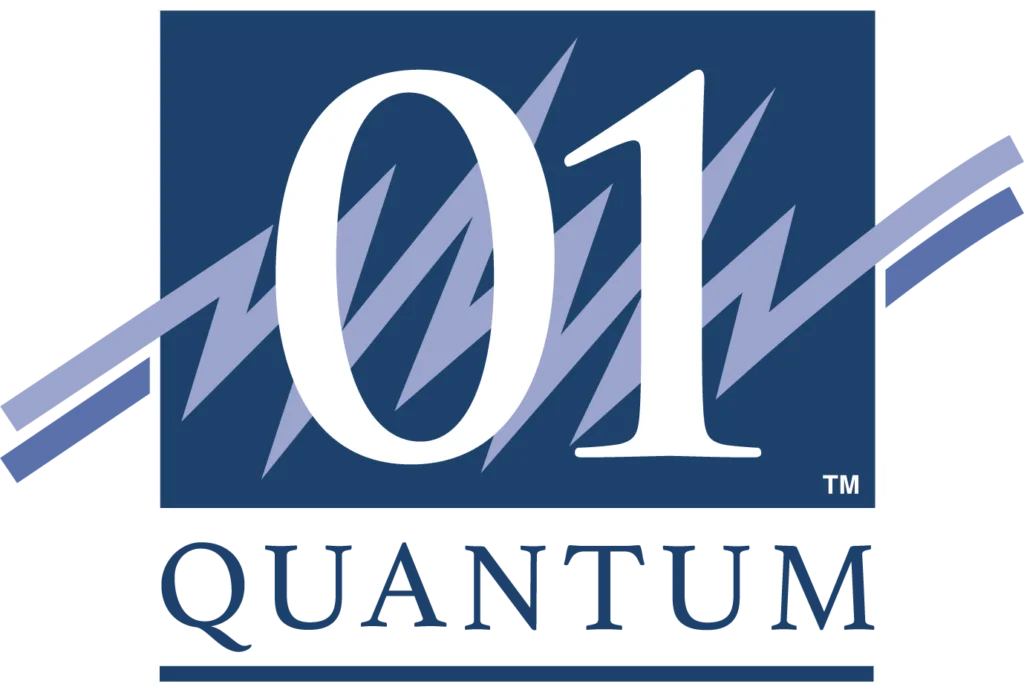
.jpg)
